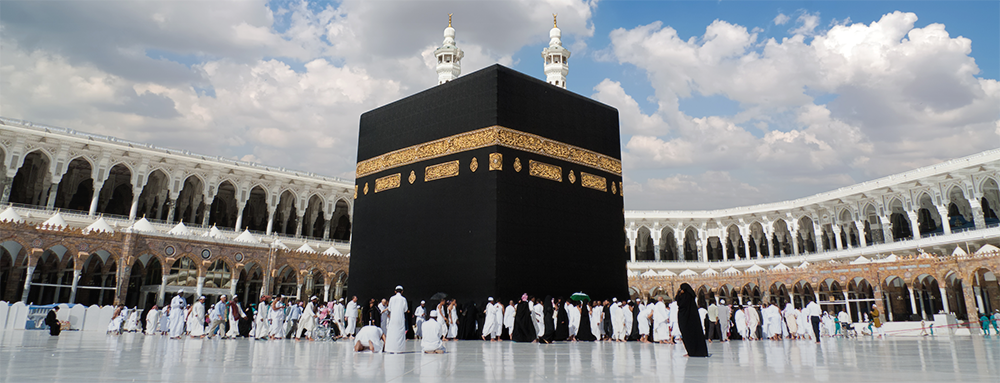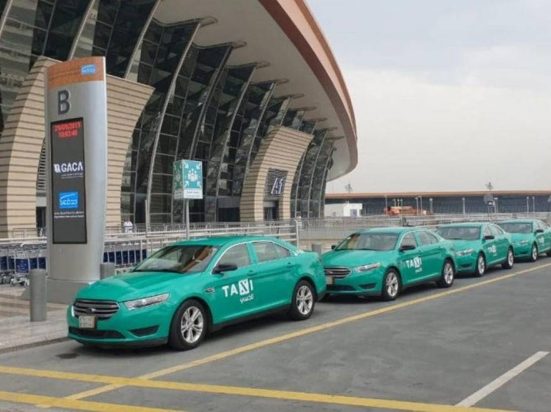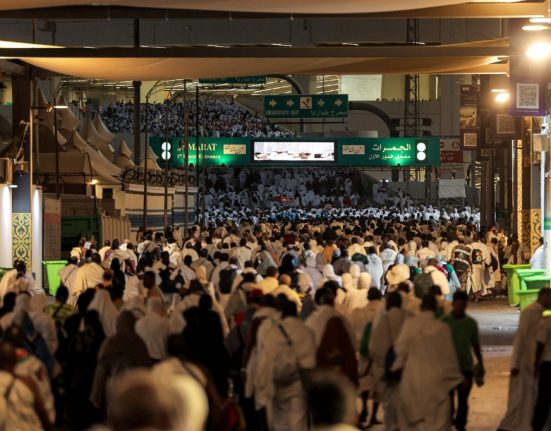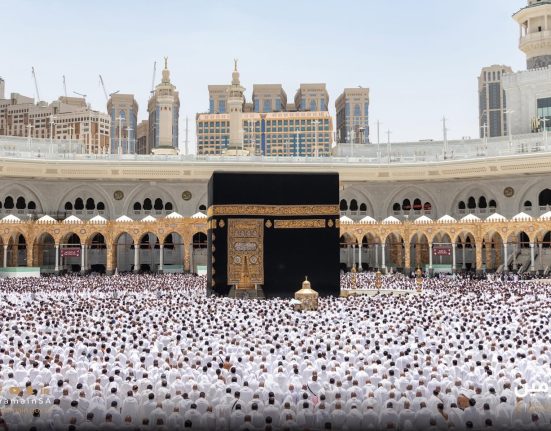Nigerian pilgrims heading to the Kingdom of Saudi Arabia for the 2025 Hajj exercise have been advised to strictly adhere to financial disclosure regulations as enforced by the Saudi Zakat, Tax and Customs Authority. As preparations intensify for Hajj 1446, authorities in the Kingdom have reiterated the mandatory requirement for all inbound and outbound travelers to declare any cash or valuable assets exceeding 60,000 Saudi Riyals (approximately N19.6 million as of prevailing exchange rates).
The directive, which applies to both residents and international pilgrims, covers not only physical cash in Saudi Riyals but also includes foreign currencies of equivalent value, gold ornaments, jewelry, precious metals, gemstones, financial instruments such as bearer cheques, and bonds. This measure is part of ongoing efforts by the Saudi government to bolster financial transparency, curb money laundering, and prevent the smuggling of illicit funds during the annual pilgrimage season.
Pilgrims have been advised to complete the required customs declaration form either at their port of entry into Saudi Arabia or digitally through the official Saudi customs portal. Authorities have warned that failure to declare such assets above the stipulated threshold could attract severe penalties, including confiscation of the undeclared items, hefty fines, and possible legal prosecution under Saudi financial regulations.
While the directive is not new, Saudi officials have intensified awareness campaigns ahead of the 2025 Hajj in response to past incidents of non-compliance. The government is also deploying multilingual support systems to assist non-Arabic speakers, ensuring that pilgrims from countries like Nigeria are not disadvantaged during the declaration process.
To reduce the risks associated with traveling with large sums of money, pilgrims are encouraged to explore safer alternatives such as using international debit or credit cards, digital wallets, and formal banking transfers. These methods, officials say, are more secure and better aligned with modern financial systems already in place within the Kingdom.
Saudi authorities further advised pilgrims to seek guidance from their travel agencies, Hajj mission representatives, or group leaders to ensure compliance with all customs regulations. Any uncertainties regarding the need for declaration should be promptly clarified before departure to avoid complications upon arrival.
For additional information, pilgrims can access updates and official guidelines via the website of the Saudi Zakat, Tax and Customs Authority or through accredited Hajj missions in their respective countries.






